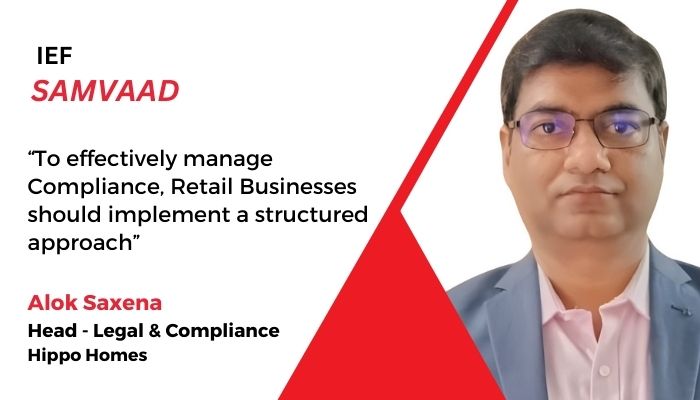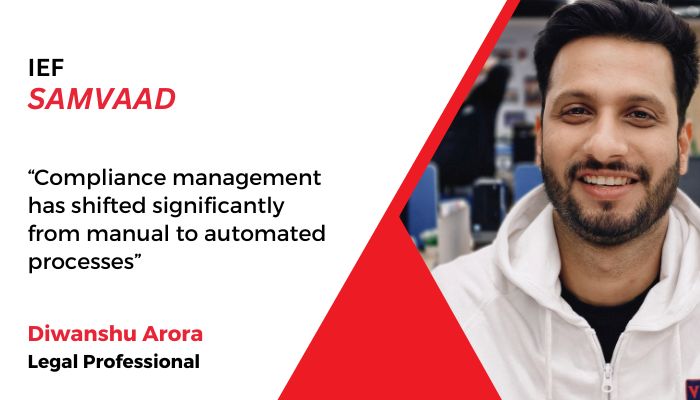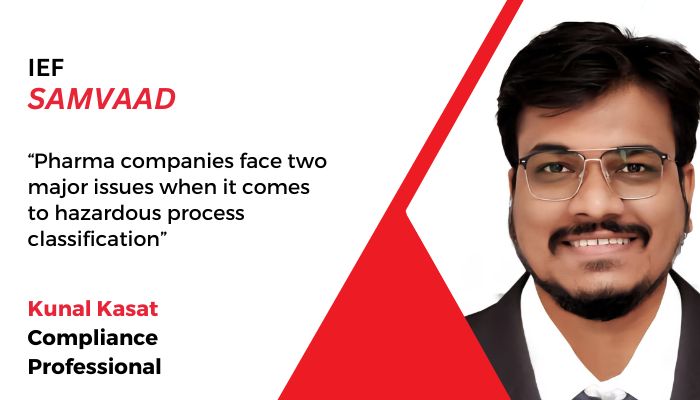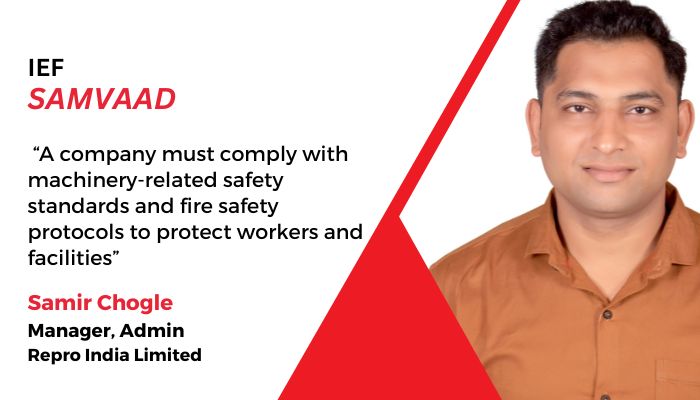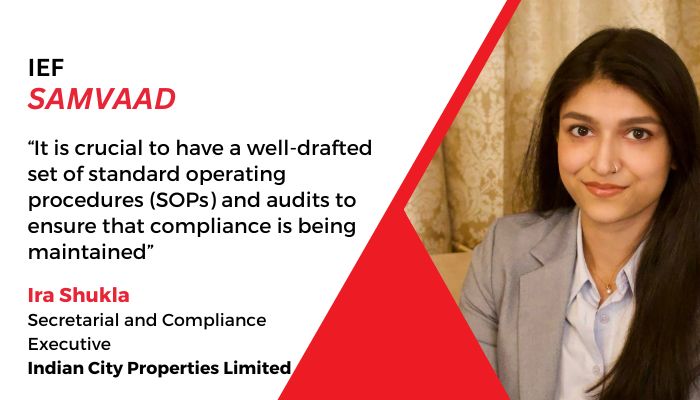Q1- What are the primary acts, rules, and regulations governing the retail sector in India, such as the Consumer Protection Act, Legal Metrology Act, or FDI policies?
The retail sector in India is one of the fastest-growing industries, and ensuring compliance with various laws is crucial for protecting consumers, maintaining public trust, and fostering a fair marketplace. Several key regulations govern retail businesses, including the Consumer Protection Act, 2019, which safeguards consumer rights and addresses unfair trade practices, and the Legal Metrology Act, 2009, which ensures accurate weights, measures, and proper labelling of packaged goods. Other important regulations include the Municipal Corporation Act, which governs trade licenses and local business operations, though its requirements vary across states and cities, making compliance complex. The Companies Act, 2013, ensures corporate governance and financial transparency, while the Advertisement Act regulates promotional content to prevent misleading claims. Additionally, the Competition Act, 2002, maintains market fairness, and Environmental Laws require businesses to adhere to sustainability guidelines. For companies involved in foreign investment, the Foreign Exchange Management Act (FEMA), 1999, sets guidelines on FDI in retail, whereas food retailers must comply with the Food Safety and Standards Act, 2006, to ensure hygiene and quality standards.
Q2- How to manage the compliance of these laws and long-term compliance strategies for retail businesses?
Compliance in the retail sector presents several challenges. One of the most significant is the frequent amendments in laws like the Legal Metrology Act, which require businesses to stay updated and make adjustments accordingly. Additionally, state-specific regulations under the Municipal Corporation Act demand different licenses, such as signage permits, trade licenses, and operational clearances, which vary based on location. Expanding retail operations across multiple states adds another layer of complexity, as businesses must navigate diverse legal requirements, making regulatory compliance a resource-intensive process. To effectively manage compliance, retail businesses should implement a structured approach. Regular monitoring of regulatory updates ensures that businesses stay informed about changes in laws like the Legal Metrology Act. Leveraging technology through compliance management software can help streamline documentation, audits, and regulatory reporting.
Q3- The sector has witnessed significant regulatory changes, including stricter guidelines on labelling, data privacy, and e-commerce operations. How have businesses adapted to these evolving compliance requirements and what challenges you are facing?
The retail has seen significant regulatory changes, particularly in labelling, data privacy, and e-commerce operations. Compliance is no longer just a regulatory requirement but a moral obligation and a foundation for sustainable business growth. Businesses have adapted by developing comprehensive compliance checklists, assessing regulatory requirements, providing effective training, conducting regular audits, and using compliance management software.
E-commerce has benefited from these changes but also requires improvements in supply chain management and technology adoption to meet new compliance demands. The Digital Personal Data Protection (DPDP) Act is a major shift, requiring businesses to refine their data protection policies and ensure strict compliance with privacy regulations. Adapting to these evolving requirements remains a challenge, but a proactive approach can help businesses navigate the regulatory landscape effectively.
Q4- What has changed in terms of their establishment capacities or regulatory requirements In lieu of rapidly changing online shopping? How do they mitigate risks related to legal compliances including false advertising, unfair trade practices, and statutory breaches?
With the rise of online shopping, retail businesses face stricter regulatory requirements, including adherence to advertising norms and protection against unfair trade practices. Companies should conduct regular legal assessments and establish clear ethical guidelines to mitigate risks.
Effective measures include accurate advertising, avoiding absolute statements, and using disclaimers to prevent misleading claims. Understanding what constitutes false advertising is essential, as is implementing internal checks and balances. Marketing content should be vetted by the compliance or legal team before publication to ensure adherence to regulations. These steps help minimize legal risks and maintain consumer trust.
Q5- What steps can be taken to foster a culture of compliance across the retail sector, particularly among small and medium-sized enterprises (SMEs)?
To foster a culture of compliance in the retail sector, particularly among SMEs, the first step is to assess the actual regulatory requirements based on the nature of the business. Since there is no central repository for guidelines, compliance software can help streamline processes. Businesses should create a compliance checklist, provide training to employees, and conduct regular audits to minimize risks.
A strong compliance culture ensures regulatory adherence, enhances business reputation, reduces legal and financial risks, improves operational efficiency, and boosts employee trust and engagement. SMEs, as the backbone of the Indian economy, face unique challenges but can leverage technology to simplify compliance and build a foundation of trust and integrity. Establishing a clear framework and staying proactive will help them confidently navigate complex regulations.
Q6- What would be your tips for young professionals aspiring to work in compliance & governance?
The first step for young professionals aspiring to work in compliance and governance is to define your career objective. The vast field covers areas like contract management, litigation, intellectual property rights (IPR), and compliance, so choosing a specialization early can provide a clear direction. Understanding the core requirements of any assignment is crucial—once you grasp the essentials, half the work is already done.
Having a strong command over legal frameworks and staying updated with evolving regulations is essential. Hard work and dedication are key to excelling in this field. Staying committed to your chosen path is important—switching domains frequently can slow career growth. Identifying an industry that aligns with your interests and gaining expertise in it over time will help build a solid foundation. Whether in retail, finance, or technology, long-term focus in a specific sector will enhance career prospects and industry credibility.
About Mr. Alok Saxena
Mr. Alok Saxena is a seasoned legal professional with 20 years of experience in contract management, litigation, legal and secretarial compliance, IPR protection, and regulatory liaison. As the Head of Legal & Compliance at a leading retail company e-commerce platform, he specializes in drafting and vetting commercial agreements, managing court cases, and ensuring regulatory adherence. Known for his problem-solving abilities, analytical approach, and strong leadership, he excels in team coordination, negotiations, and decision-making. With a proven track record of handling high-pressure environments and tight deadlines, he brings a strategic and results-driven approach to legal and compliance functions.
Disclaimer: The opinions and views expressed in this article, including any accompanying data, are the sole responsibility of the author and should not be construed as reflecting the official policy or position of India Employer Forum.

